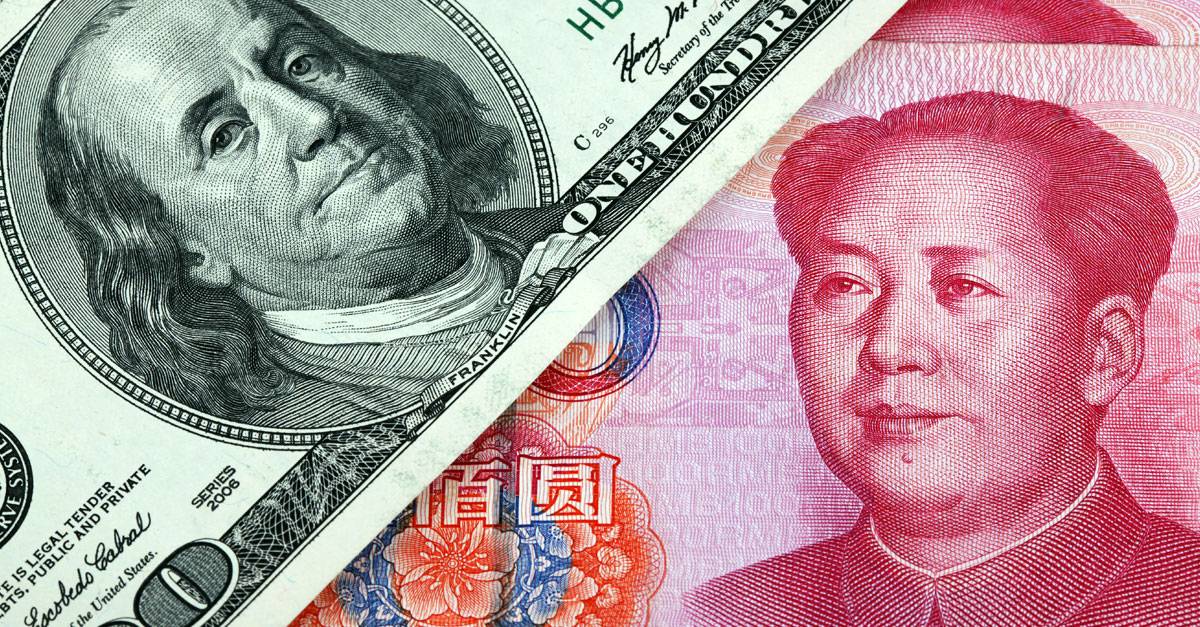Changing Attitudes and Generational Shift
In places like Singapore and Hong Kong, the desire to safeguard family wealth has become a driving force behind the growing interest in prenuptial agreements. Traditionally, prenuptial agreements were met with resistance in Chinese society due to superstitions surrounding discussions of separation before marriage. However, attitudes are rapidly changing, and prenuptial agreements are gaining acceptance, not just among the younger generation but also among older individuals.
China’s wealthy families are increasingly recognizing the potential impact of divorce on their family’s wealth. The patriarchs and matriarchs of these families are keenly aware of the need to safeguard their assets and protect their financial interests. As a result, they are encouraging their children to sign prenuptial agreements before getting married. These agreements serve as a means of ensuring that the family’s wealth remains intact and stays within the family.
The influence of Western values and the rise of international marriages have played a significant role in changing perceptions of prenuptial agreements in Asia. As more couples have diverse backgrounds and multiple homes, the need to protect individual assets and navigate complex financial situations has become increasingly important.
The economic uncertainties brought about by events like the pandemic have led many couples to seek greater control over their financial futures. Individuals are marrying later in life, often after accumulating significant wealth, and they want to protect their assets and secure their financial well-being. Prenuptial agreements offer a way to establish clear guidelines for asset division in the event of a divorce, giving individuals peace of mind and a sense of financial security.
Wealth Aggregation: Simple, Dynamic, and Secure Beyond Compare. Discover the Altoo Wealth Platform!
To further emphasize the importance of prenuptial agreements, many Chinese families are now including them in their “family charters.” These charters outline the family’s values, principles, and guidelines, and all members of the family are asked to sign them. Including prenuptial agreements in these charters serves as a way to show that the use of prenups is not just a personal choice but a family decision aimed at protecting the family’s wealth.
The Importance of Fairness
One common misconception about prenuptial agreements is that they favor the financially stronger party at the expense of the financially weaker spouse. However, if a prenuptial agreement is deemed fair to both parties, it is likely to be upheld by the courts. In Hong Kong, where the law historically favored the financially weaker spouse, a prenuptial agreement can provide crucial protection for individuals with higher-paying jobs. Without a prenuptial agreement, even if a woman divorces her husband due to infidelity, she may still be required to part with her wealth and potentially pay spousal maintenance to her ex-spouse.
The evolving dynamics of modern Chinese society, where women often balance the roles of breadwinner and homemaker, have challenged the fairness of the traditional 50:50 division of assets in divorce cases. Prenuptial agreements can help address these challenges by providing guidelines for asset division that reflect the unique circumstances of each couple.
The Legal Landscape of Prenuptial Agreements in Asia
While prenuptial agreements are gaining acceptance in parts of Asia, their enforceability can vary depending on the jurisdiction. In Singapore, for example, prenuptial agreements are not automatically enforceable, but they can carry significant weight in court if certain requirements are met. Courts in China are increasingly recognizing the importance of fairness in prenuptial agreements and are more likely to uphold agreements that meet this requirement.
Dynastic trusts have emerged as a powerful tool for protecting family wealth across generations. These trusts are designed to ensure that the wealth remains within the family and is not vulnerable to division in the event of a divorce. By incorporating dynastic trusts into prenuptial agreements, families can establish a clear intention to preserve their wealth for future generations.
As some Chinese families become more international in their structures, with members from different countries and multiple homes, the need for cross-jurisdictional protection becomes crucial as well. Couples who move to another country during their marriage need to consider the implications of their prenuptial agreement in their new country of residence. In cases where the original prenup is not upheld by the local courts, a mirror postnuptial agreement may be necessary to ensure continued protection of the family’s assets.







